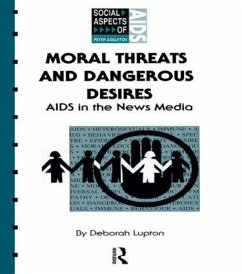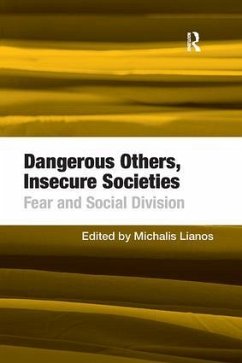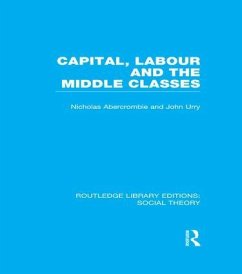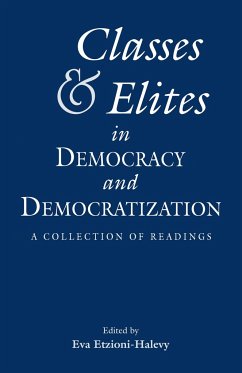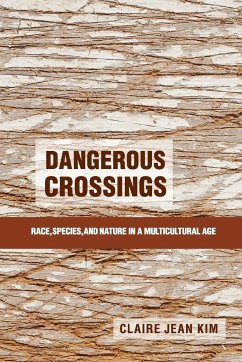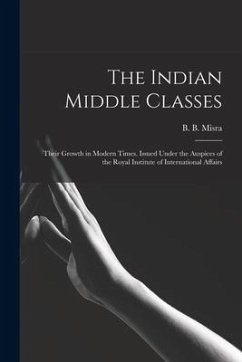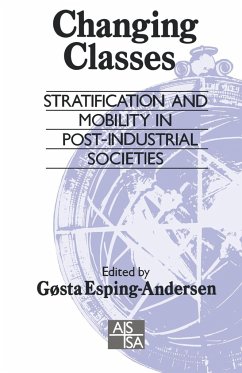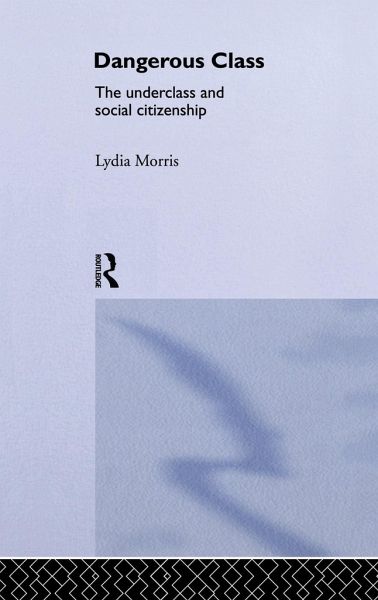
Dangerous Classes
The Underclass and Social Citizenship
Versandkostenfrei!
Versandfertig in 1-2 Wochen
41,99 €
inkl. MwSt.
Weitere Ausgaben:

PAYBACK Punkte
21 °P sammeln!
This book provides an authoritative and much needed critical review of British and American debates about the underclass, set in the context of historical material and policy developments. The idea of an underclass is based on a notion of social exclusion, be it cultural or structural in nature. It strikes a contrast with the idea of social citizenship. In accepted definitions of the underclass state dependence had come to be seen as a badge of exclusion rather than a guarantee of inclusion. There has been a gradual shift of emphasis in recent commentary from concern with social rights to anxi...
This book provides an authoritative and much needed critical review of British and American debates about the underclass, set in the context of historical material and policy developments. The idea of an underclass is based on a notion of social exclusion, be it cultural or structural in nature. It strikes a contrast with the idea of social citizenship. In accepted definitions of the underclass state dependence had come to be seen as a badge of exclusion rather than a guarantee of inclusion. There has been a gradual shift of emphasis in recent commentary from concern with social rights to anxiety about social obligations, much of which relates to the enforcement of the work ethic. Implicit in much of the literature is an inconclusive examination of gender roles, and particularly the failure of single mother to fulfil their social duties. The ambiguities and contradictions of this postion are uncovered. So too is the neglected issue of migrant labour and its use as a source of labour on terms not acceptable to the native population. The implications of this phenomenon for questions of social inclusion and the definition of the underclass are then considered in the wider context of the social construction of the labour market. The book has emerged from the author's long standing interest and research in unemployment, labour market change, gender relations and social policy. It will be of interest to students and researchers in all of these fields.





